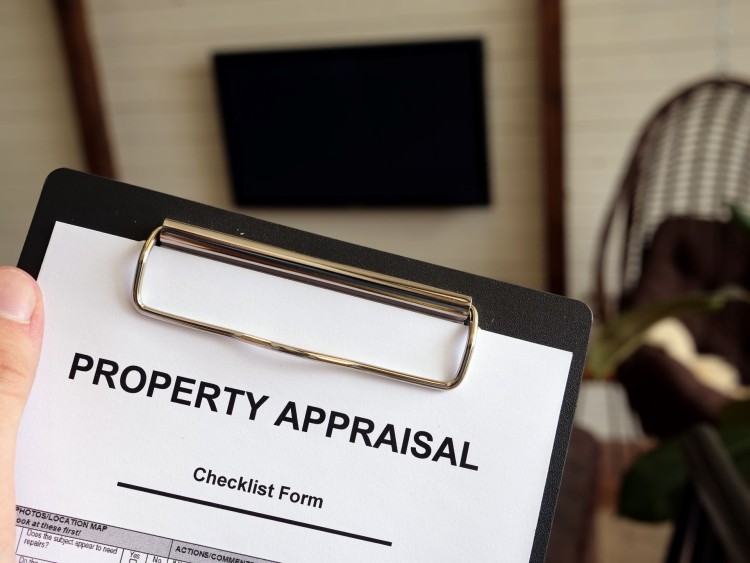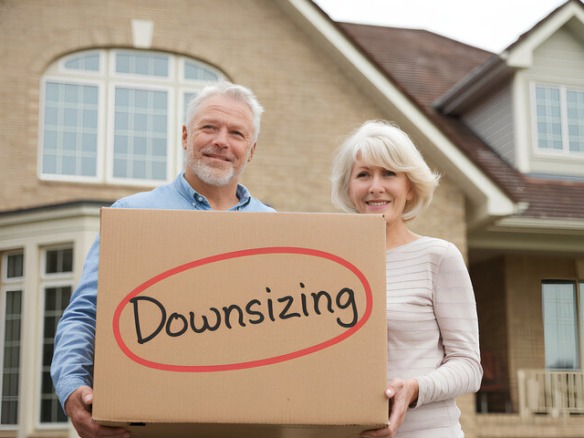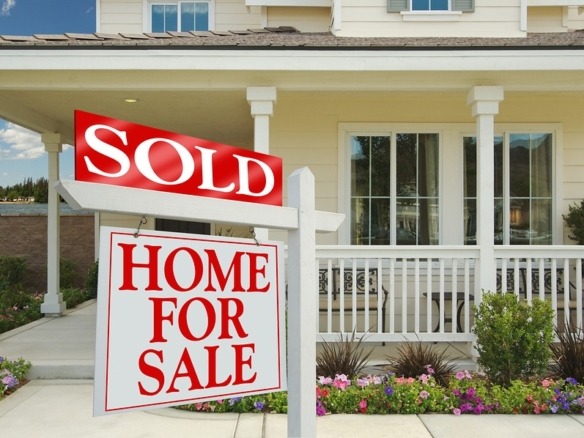Developing a successful pricing strategy requires finding the right balance between maximizing profit and attracting potential buyers. A thorough investigation of the local market and a comprehensive analysis of sales data, trends, and economic factors are key to achieving optimal pricing.
However, the real power lies in the subtle details that transform a listing from average to exceptional. Considering your house s character, history, and appeal can help you find potential buyers. You can also choose comparable properties to help position your home in the market.
Pricing a home requires using professionally crafted listing descriptions to make it look like a heavenly getaway or a tempting investment opportunity. Staging is also vital in pricing as it showcases your home s features. Meanwhile, a home sale calculator can help you evaluate the costs, revenues, and other financial factors of selling a home.
Knowing when to list a home demands a thorough understanding of market trends. On the other hand, flexibility and adaptability are crucial in pricing. As market conditions change, you may need to adjust your pricing strategies.
Here are some essential tips for setting the right price for your home:
1. Market Research
Conducting thorough market research can help you determine the right price for your home. Begin by analyzing the most recent sales data for similar properties in your neighborhood. Consider various factors when evaluating these homes. You may include their location, square footage, number of bedrooms and bathrooms, and overall condition.
Suppose you discover that homes like yours, located within a half-mile radius, have been sold for an average price of USD300,000 in the last six months. You can use this information as a reference point for determining your pricing strategy.
You can also hire a qualified appraiser to conduct a professional property appraisal to determine your home s value. Appraisers evaluate factors like property condition, improvements, and recent sales of similar properties. This strategy can help you justify a higher asking price.
2. Assess Market Conditions
Market circumstances are critical to accurately pricing your home. Depending on supply and demand, the market can favor the seller, the buyer, or both. In a seller s market, the demand for properties outnumbers supply. Hence, you can set a higher price for your property. In this market condition, buyers are willing to pay a premium to secure a home.
On the other hand, consider a more competitive pricing strategy in a buyer s market because of an abundance of available houses on sale. You may need to price your home below market value to attract purchasers. Meanwhile, you can stay current on local real estate trends and speak with a qualified real estate agent to get insight into current market conditions in your area.
3. Calculate Your Costs
Calculate all the expenses for selling your home before deciding on the final asking price. You can include these factors when assessing the right amount:
* Real estate agent charges
* Closing costs
* Home staging expenses
* Repairs or modifications to make your house more marketable
Subtract these expenses from your projected profit to arrive at a starting price for your home. Knowing your financial goals and how they connect to selling costs is crucial to determining the right price.
4. Set A Competitive Price
Setting a competitive price might increase interest in your home and potentially lead to many bids. Buyers are frequently drawn to properties that appear to be good buys. Hence, putting your home slightly below market value can create a sense of urgency among possible buyers.
Consider the information from your research while determining a competitive price. If your study indicates that your home is worth USD320,000, listing it at USD315,000 may spark buyers attention and encourage them to examine your property.
Remember that a competitive price doesn t always imply underpricing your home dramatically. It should be appealing to buyers without jeopardizing your financial objectives.
5. Avoid Overpricing
Setting an excessively high price for your home can negatively impact its appeal. Overpriced homes often stay on the market for a long time. It can cause buyers to think something might be wrong with the property, or that you re not committed to selling it.
You can avoid setting prices too high by relying on the information and knowledge gained from your research. It may be tempting to set a higher asking price. However, balancing profit maximization and appeal is critical.
For example, if your research indicates that your home is worth USD300,000, it may be advisable not to list it for sale at USD400,000. Overpricing could discourage potential buyers. Strategic home improvements can boost its value and help you sell for more.
6. Be Open To Negotiation
Negotiation is an essential aspect of selling a home. When buyers offer less than your initial asking price, remain flexible while assessing your financial goals. Before starting negotiations, establish your bottom-line price. This figure should include your desired profit and the costs related to the sale.
For example, you ve listed your home for USD315,000, and someone offers USD305,000. Be ready to negotiate since the final price you re looking for is USD310,000. Being open to discussion can help you negotiate and reach a mutually agreeable deal.
When pricing your home, it s essential to be flexible. If your home has been listed for three months without offers, you may need to lower your price to attract potential buyers. You can also consider changing your price strategy based on market feedback.
Conclusion
A reasonably priced home is crucial for a quick and profitable real estate transaction. Research, market knowledge, and adaptability are necessary to help you set the right price. Attracting buyers and achieving your financial goals with your property requires considering factors like market conditions, costs, and negotiation.
Remember that the real estate market is constantly changing, so be ready to modify your asking price if needed.




